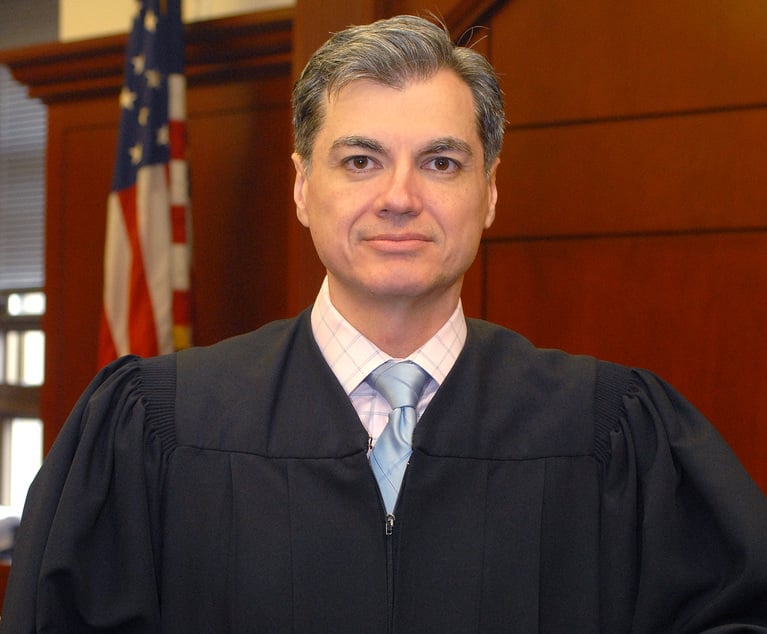 Recent events have focused attention again on the ability of the Department of Justice and other government agencies to obtain documents located abroad. Much depends on the details of a client’s corporate structure, business practices, and, in part, the method of electronic document storage in use. The longstanding rule in the Second Circuit has been that where the recipient of a grand jury subpoena is within the court’s personal jurisdiction, responsive materials within the subpoena recipient’s “possession, custody, or control” must be produced regardless of where they are kept. In re Grand Jury Subpoena to Marc Rich & Co., A.G., 707 F.2d 663, 667 (2d Cir. 1983). The rule is one of control, not location. This black letter rule can turn somewhat gray in certain circumstances.
Recent events have focused attention again on the ability of the Department of Justice and other government agencies to obtain documents located abroad. Much depends on the details of a client’s corporate structure, business practices, and, in part, the method of electronic document storage in use. The longstanding rule in the Second Circuit has been that where the recipient of a grand jury subpoena is within the court’s personal jurisdiction, responsive materials within the subpoena recipient’s “possession, custody, or control” must be produced regardless of where they are kept. In re Grand Jury Subpoena to Marc Rich & Co., A.G., 707 F.2d 663, 667 (2d Cir. 1983). The rule is one of control, not location. This black letter rule can turn somewhat gray in certain circumstances.
It is not unusual for the DOJ to serve subpoenas on corporate entities present in the United States that are not precisely the same entity which “owns” the documents sought—which may be a parent company, a subsidiary, or an affiliate with no U.S. presence. Rule 17 provides for service of document subpoenas on foreign corporate witnesses solely to the extent the foreign corporation has sufficient ties to the United States to confer domestic jurisdiction, and even then service is only permissible in this country. See In re Seaed Case, 832 F.2d 1268, 1272 (D.C. Cir. 1987).






